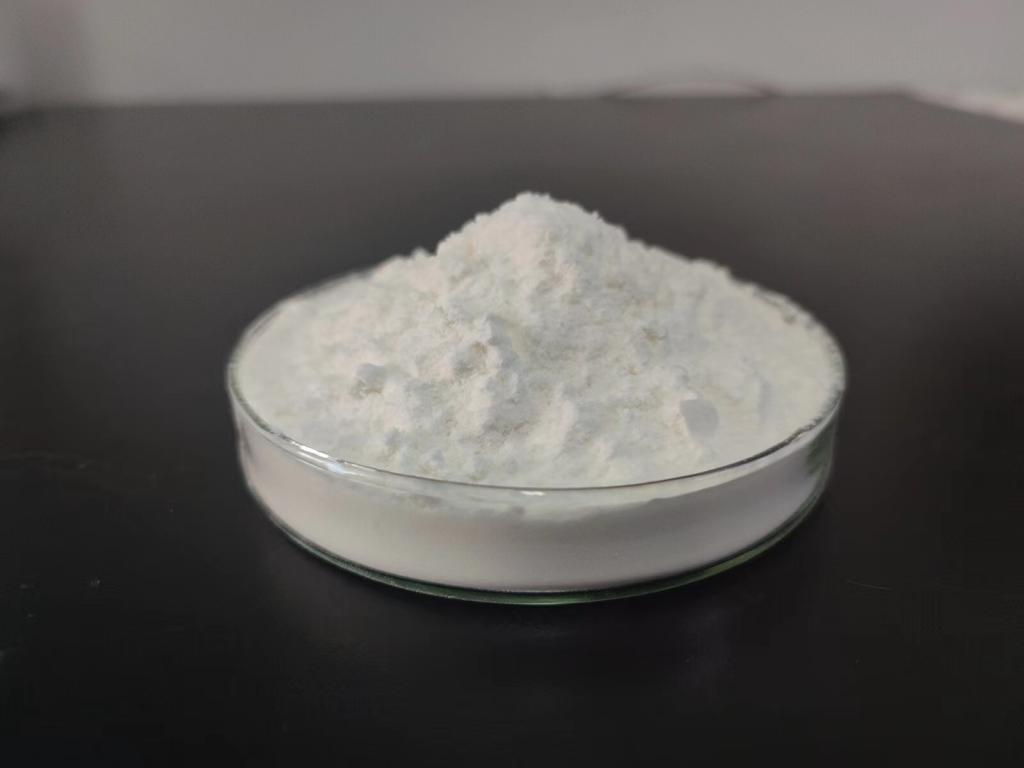Tel:+8618231198596

News
 CONTACT
CONTACT
 CONTACT
CONTACT
- Linkman:Linda Yao
- Tel: +8618231198596
- Email:linda.yao@dcpharma.cn
- Linkman:CHARLES.WANG
- Department:Overseas
- Tel: 0086 0311-85537378 0086 0311-85539701
News
Food products containing ε-Polylysine hydrochloride maintain their freshness for longer periods.
TIME:2024-03-22
Understanding ε-Polylysine Hydrochloride:
ε-Polylysine hydrochloride, also known as ε-PL, is a biopolymer composed of lysine residues linked by peptide bonds. Produced through fermentation processes involving certain strains of Streptomyces albulus, ε-PL exhibits potent antimicrobial properties, making it effective in inhibiting the growth of spoilage microorganisms and pathogens.
Efficacy in Maintaining Freshness:
Antimicrobial Activity: The primary mechanism underlying ε-PL's ability to maintain freshness lies in its antimicrobial activity. By disrupting the cell membranes of bacteria, yeasts, and molds, ε-PL inhibits their growth and proliferation, thereby delaying spoilage and extending the shelf life of food products.
Preservation of Texture and Flavor: In addition to inhibiting microbial growth, ε-PL helps preserve the texture, flavor, and overall quality of food items. By preventing enzymatic degradation and lipid oxidation, ε-PL minimizes changes in taste, aroma, and appearance, ensuring that products retain their freshness and appeal for longer periods.
Applications in Food Preservation:
Dairy Products: ε-Polylysine hydrochloride is commonly used in the preservation of dairy products such as cheese, yogurt, and milk-based desserts. By inhibiting the growth of spoilage bacteria and fungi, ε-PL extends the shelf life of these perishable items while maintaining their sensory attributes.
Meat and Poultry: In the meat and poultry industry, ε-PL serves as a natural preservative in products such as sausages, deli meats, and poultry cuts. Its antimicrobial properties help prevent microbial contamination and spoilage, ensuring that meat products remain fresh and safe for consumption.
Bakery Goods: ε-Polylysine hydrochloride finds applications in bakery goods such as bread, pastries, and cakes. By inhibiting mold growth and delaying staling, ε-PL helps preserve the freshness and texture of baked items, prolonging their shelf life and reducing food waste.
Regulatory Status:
ε-Polylysine hydrochloride is approved for use as a food additive in many countries, including the United States, the European Union, and Japan. Regulatory agencies such as the U.S. Food and Drug Administration (FDA) and the European Food Safety Authority (EFSA) have evaluated its safety and established acceptable levels for use in food preservation.
Consumer Perception and Acceptance:
Consumers increasingly value natural and clean-label ingredients in their food products, driving the demand for preservatives like ε-PL. Products containing ε-Polylysine hydrochloride are perceived as safer and more desirable, as they offer effective preservation without the use of synthetic additives or chemicals.
Future Prospects and Challenges:
As the food industry continues to prioritize freshness, safety, and sustainability, ε-Polylysine hydrochloride holds promise as a versatile preservative. However, challenges such as cost-effectiveness, formulation compatibility, and regulatory compliance may need to be addressed to realize its full potential in food preservation applications.
Conclusion:
ε-Polylysine hydrochloride emerges as a valuable tool in the quest to maintain freshness and minimize food waste. Its antimicrobial properties, preservation of texture and flavor, regulatory approval, and consumer acceptance make it a preferred choice for food manufacturers seeking effective and natural solutions for extending shelf life. As the demand for fresh, safe, and sustainable food products grows, ε-Polylysine hydrochloride is poised to play a pivotal role in meeting these evolving needs and ensuring the continued freshness of food items throughout the supply chain.
- Tel:+8618231198596
- Whatsapp:18231198596
- Chat With Skype







